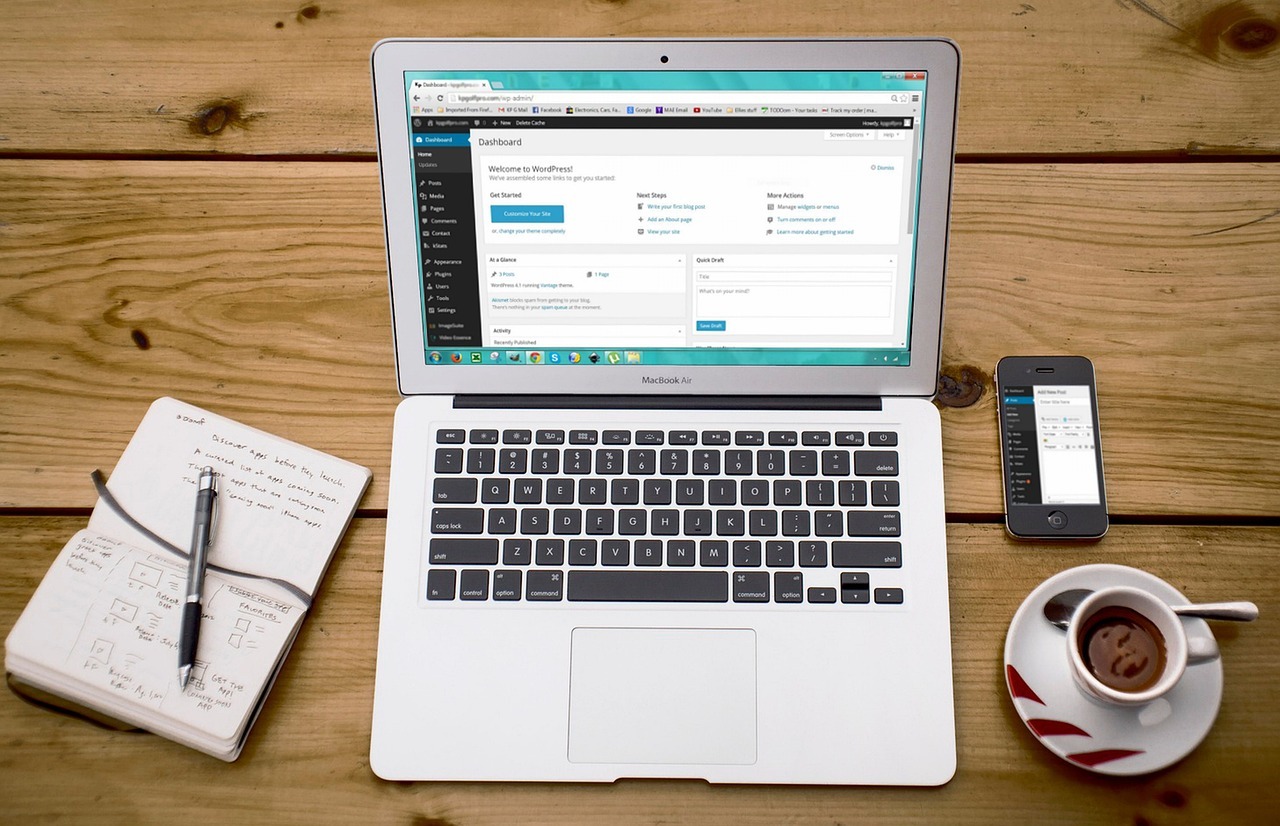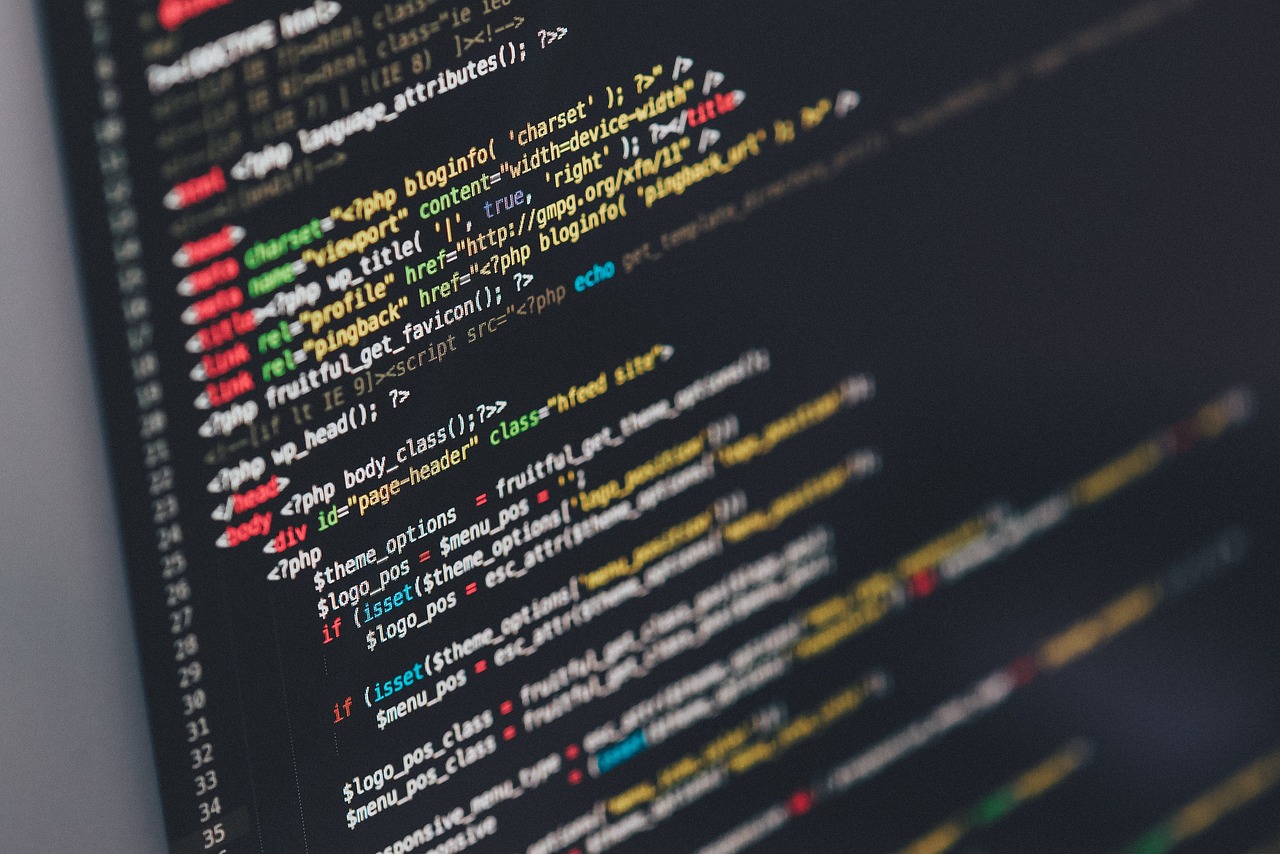
The world of gaming is becoming more and more demanding by the day. As technology becomes more advanced, so does the software that runs on top of it. With this growing trend, gaming PCs are now pushing harder than ever before to accommodate these new demands. The result? Unending demand for memory, storage space, system resources and GPU acceleration. However, as much as these problems can seem insurmountable at first, there are numerous ways you can free up C drive space, memory and even get a little extra breathing room from your games without switching to a different OS or upgrading to an expensive graphics card. Here are the top ten suggestions in this regard:
Tighten Up your System Settings
If you’re running a beast of a gaming rig or have a beefy gaming laptop, you’ve probably noticed that the system demands more of C drive space and GPU resources than your average home PC.

The reason for this is simple: gaming software is more sophisticated than ever, requiring more CPU and GPU power to run smoothly. To optimize your rig for gaming, clear out any unnecessary system settings that may be eating up precious storage and memory on your PC.
The most obvious setting to clean out is the Windows Power Button menu. Seriously. If you’re using Windows 8 or 10, you can pin the power button to the Start menu, ensuring you never have to hunt for the power knob again.
Free up C drive space on Windows PC
There are a number of free tools and software that can help you free up C drive space and reduce your file size. Some are designed specifically for this purpose, while others can be used to compress and archive your files before deleting them.

If your hard drive is showing signs of over-utilization, you can free up a little extra space by deleting temporary and unnecessary files. Create a clean bootable desktop or portable drive to store files on until you’re ready to archive or delete them.
Reduce Background Apps and Services in Windows Task Manager
When searching for ways to boost your PC, many gamers will instinctively look for ways to reduce C drive space, memory, and GPU resources. However, improving performance is more than just reducing unnecessary system resources. It also involves reducing the number of applications and services running in the background.
To improve system performance, delete any unnecessary background apps and services from the Windows Task Manager. This includes anything from Google Chrome tabs to the Windows Defender program. Once you’ve cleaned up your background apps, you can turn on High Performance mode in the Windows Power Button menu to utilize the clock speed for gaming and other programs that require more resources.

Defragment Drives and Storage to Increase Performance
Gaming PCs are remarkably similar to desktop or laptop PCs, with one major difference: they’re often housed inside a heavy, bulky case. This extra weight creates an extra headwind that affects performance. If you’ve ever gone from, say, a 17-inch laptop to a 19-inch gaming desktop, you’ve likely noticed a significant drop in performance. This is especially true for C drive space and system resources.
Fortunately, there are a variety of ways to defragment the hard drive and optimize storage on the inside of your rig. Some of the best ways to increase performance include:
- Creating a bootable drive to store your operating system and games on. This will allow you to separate your gaming files from your operating system and will significantly reduce the load on your system.

- Keeping your RAM at a certain minimum size. The more RAM your system has, the less taxing it will be. You should aim to keep the amount around 2GB free at all times.
- Investing in a better, faster hard drive.
Set Priorities in Task Scheduler
If you’re like most people, you play games, watch movies and listen to music on your PC for hours on end without breaking. The same cannot be said for your gaming rig, however. Gaming PCs are often pushed to the limit, leading to regular crashes and freezes.
To prevent your rig from breaking down, prioritize the most important applications such as your games and streaming apps. You can also use a third-party software such as the PC Application Prioritization software to help you make smarter decisions.
Conclusion
The gaming world is an unforgiving place. It requires a high level of technical expertise and a willingness to dedicate hours of your time to optimizing your rig. If you’re one of the lucky ones who enjoys gaming while also enjoying a challenging technical challenge, then you’ll need to invest time in learning how to squeeze the most out of your rig.
The best way to get started is to start by cleaning up your system. Tighten up system settings and delete unnecessary files, such as temporary and useless files. Free up C drive space, reduce your RAM size and defragment the hard drive.
There are also a number of free software and web tools that can help you free up drive space and improve your rig’s performance.
 Add Row
Add Row  Add
Add 


Write A Comment